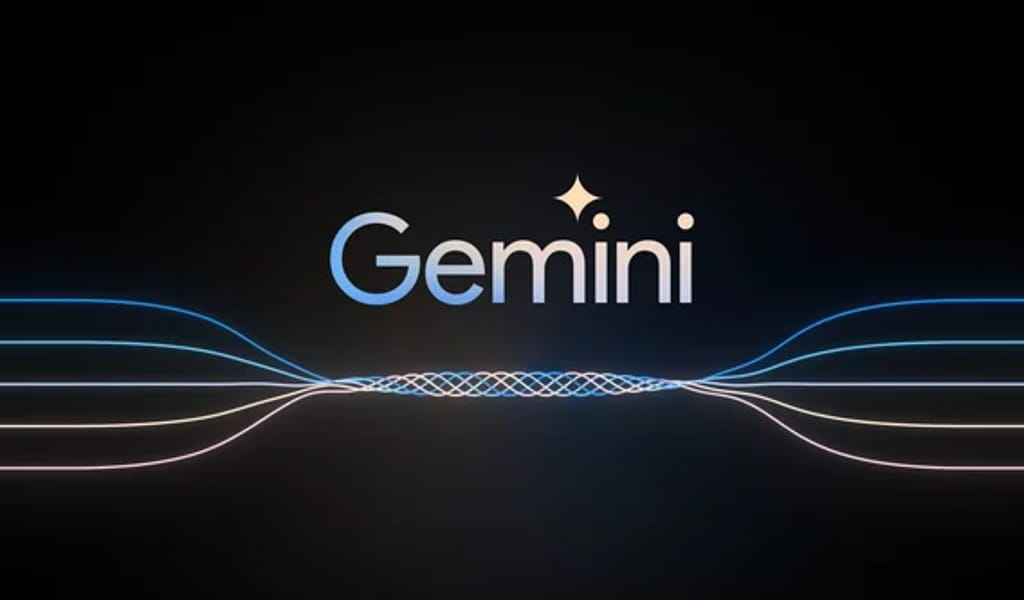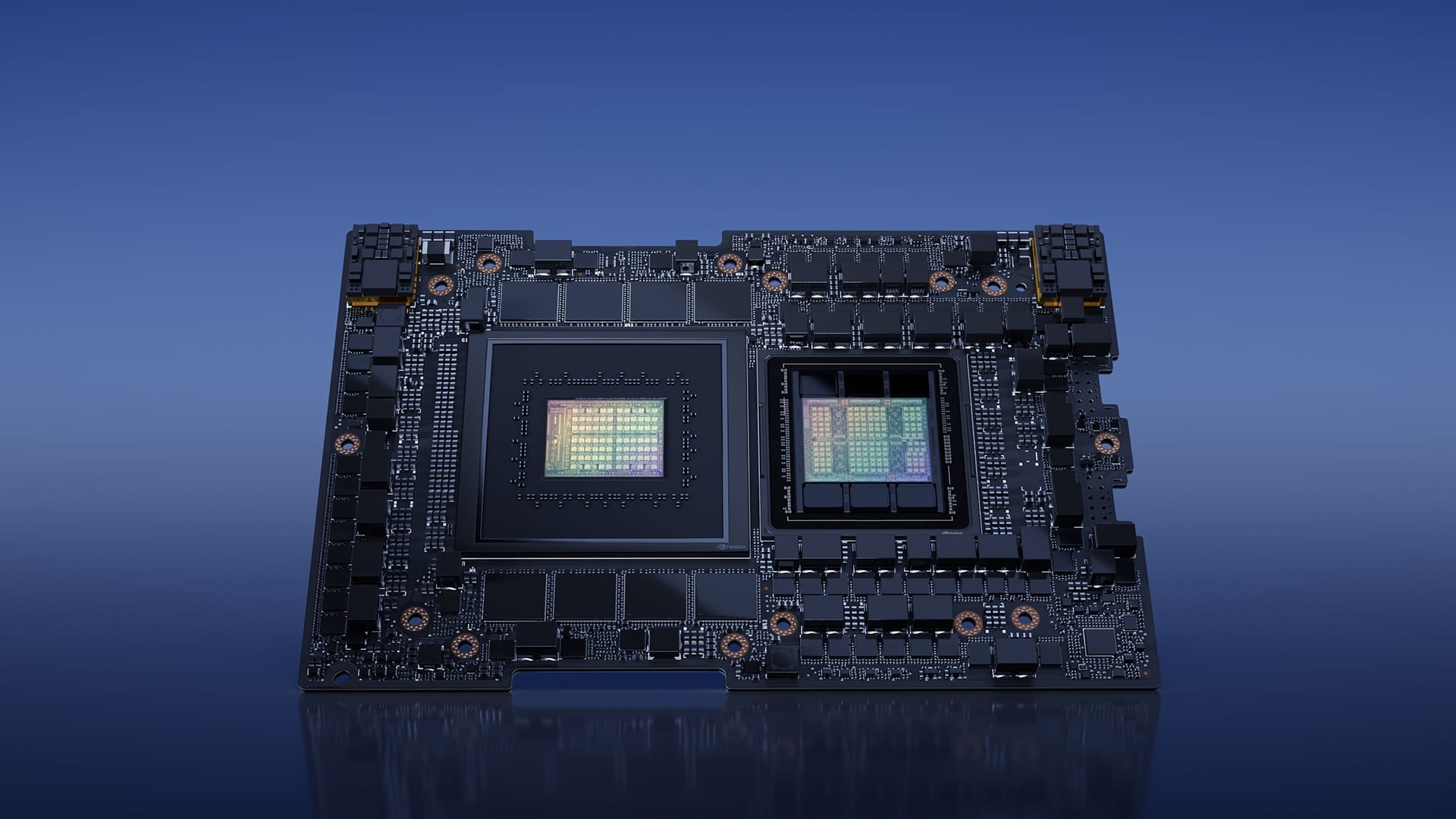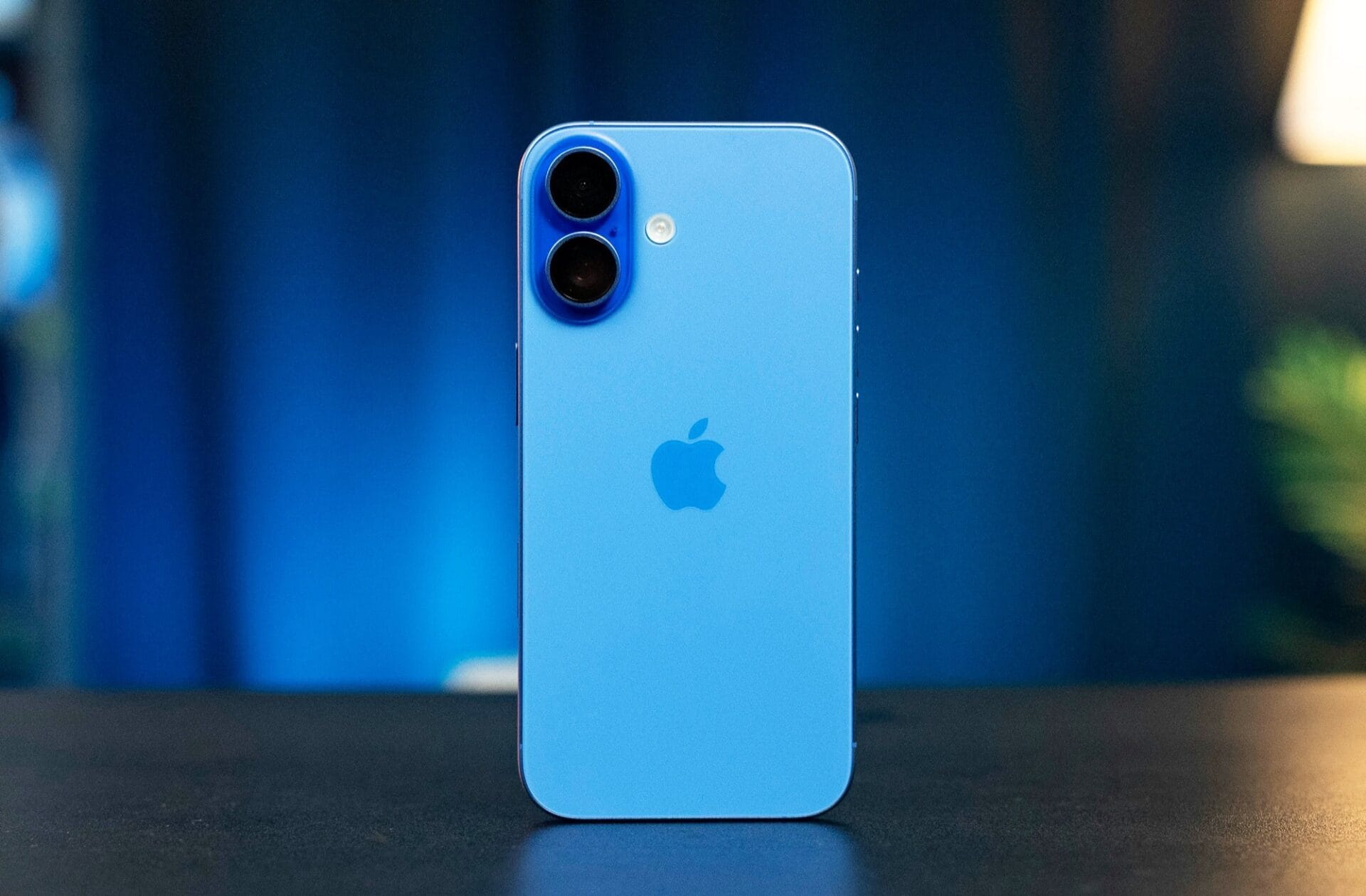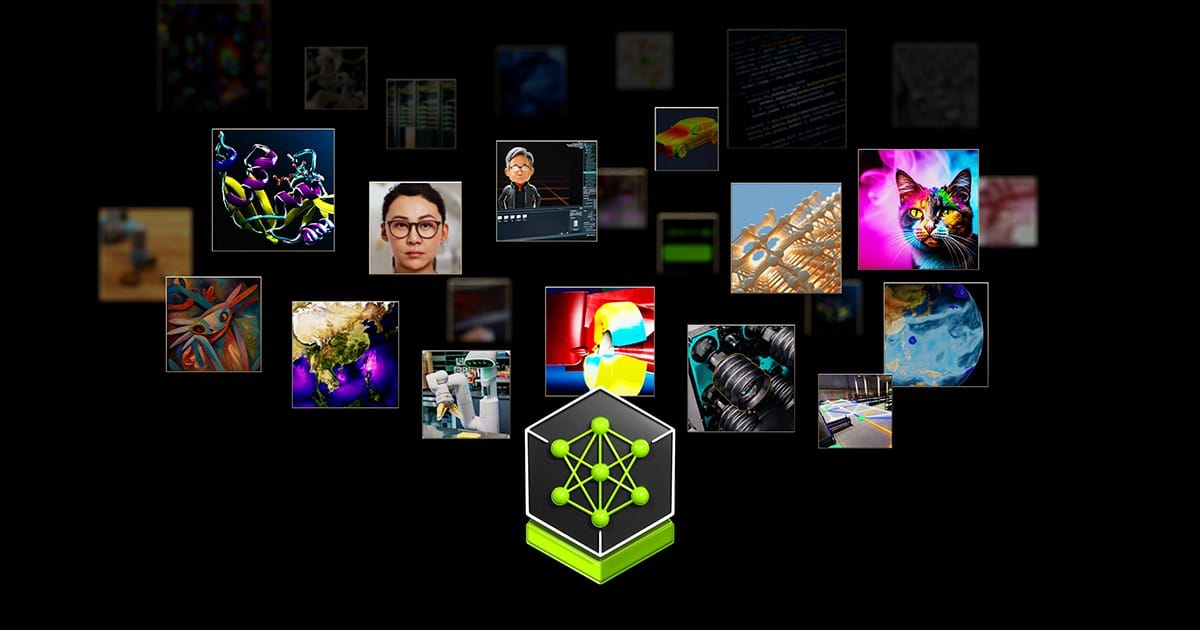Kamila Wojciechowska says she has found multiple clues regarding upcoming AI features that Google intends to roll out on various Pixel devices in the coming years. She references a source from Google’s gChips division for all details concerning unreleased Tensor chipsets.
New AI Features in Development
Wojciechowska highlights that Google is working on Video Generative ML, which is anticipated to implement AI algorithms in Google Photos and potentially YouTube Shorts, enhancing video editing capabilities. Additionally, she mentions features like ‘Speak to Tweak’ and ‘Sketch-to-Image’, the latter already seen in some recent Samsung Galaxy models.
Innovations in Pixel Devices
Moreover, a new ‘NanoTPU’ could be introduced with the Pixel 11 series, which would assist in monitoring sleep patterns, detecting falls, and managing sleep apnea. Google’s Stable Diffusion-based LL models are also expected to operate locally on the Pixel 10 and later, as opposed to the cloud-based system currently in use.
Timeline for Release
It is said that the new image signal processors (ISPs) and Tensor Processing Units (TPUs) found in the Tensor G5 and Tensor G6 are responsible for these AI-driven innovations. Reports suggest that Google is unlikely to unveil any of these features until the Pixel 10, which is expected to arrive in summer 2025. However, it’s possible that the launch could be pushed back a year to align with the rollout of Android 17 and the Pixel 11 series.
Sources: Android Authority & Kamila Wojciechowska










